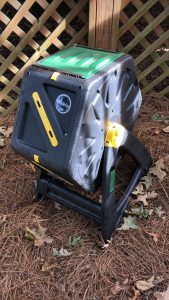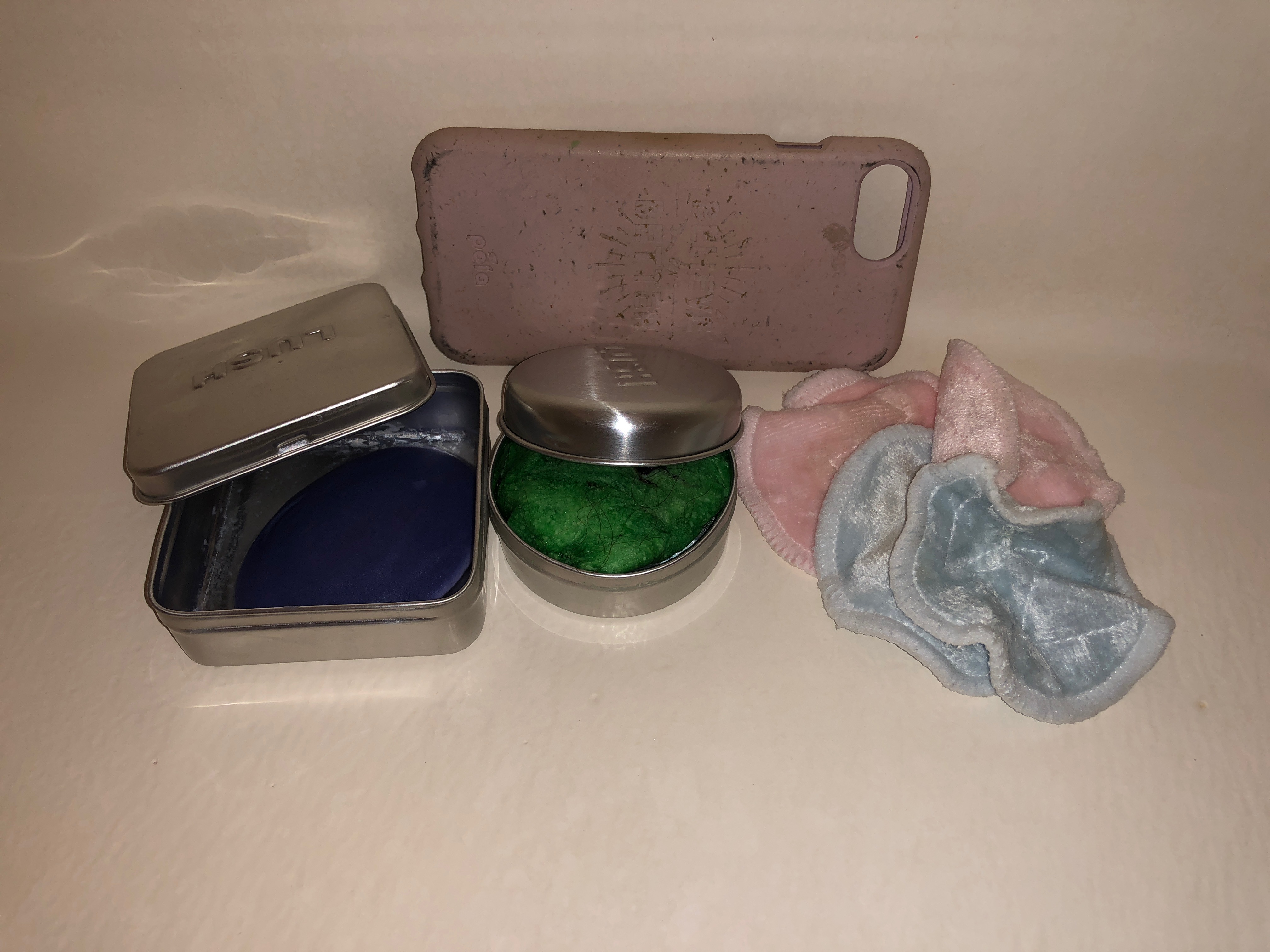AP Environmental Science (APES) opens the eyes of students to the environmental concerns in the modern world and encourage them to lead the movement towards change. The course’s curriculum includes many real-life events of environmental concerns that many students are unaware of.
With a class based solely on teaching students about the condition of the world they live on, how effective is it in inspiring students to be a part of the change for the better?
Both students currently enrolled in APES and those that have previously taken the course agree the class has a lasting impact on their environmental awareness. “I would definitely say APES encouraged my to become more aware, I mean like you hear concerns about the environment but it doesn’t really necessarily affect you in your everyday life, but APES definitely made me notice how immediate some of these dangers are,” said Josh O’donovan, senior. The severity of the environmental concerns presented in APES are shocking.
However, another goal of the class is to convince students that it is not too late to make a change.
While APES exposes the environmental concerns facing the world, the class always provides realistic solutions that everyone can help to achieve. In a sense, presenting solutions makes these large-scale scenarios relatable, encouraging students to make little changes in their own lives.
APES often brings out the environmental activists in many students.
Maddie Mareno, a senior at Leesville, does whatever she can to minimize her footprint. “My main thing is I don’t eat red meat. I haven’t for almost a year now. And then little things I buy are zero waste, like my shampoo and conditioner bars are zero waste and those stay in metal tins so I never have to buy plastic bottles. I always use reusable totes. I never use anything that comes in a plastic bottle,” said Mareno.
APES emphasizes the negative effects of the livestock and how it contributes to the most production of methane gas in the world. The release of this methane gas into the atmosphere causes it to collect and trap heat, making it a leading gas in global warming.

Similar to Mareno, Mary Peterson, senior and self-proclaimed environmentalist, has also became vegetarian and made efforts to limit her own contribution to environmental degradation. “Things that I’ve done are, I became a vegetarian during APES just because I mention the meat industry a lot but that really impacted me the most I think. I became a vegetarian to stop supporting that kind of environmental degradation. I started composting, I started to garden at home, I started a lot of things to just produce my own energy and even food. I’ve only used reusable or compostable materials. Plastic straws I will never touch again in my life,” said Peterson.
On top of making changes in their own lives, students influenced by APES have spread their knowledge to friends and family. “My family has gotten better about using reusable containers rather than one time use,” said Chelsea Dinkenor, junior, after she encouraged her family to be more conscious of their decisions and their effect on the environment.
“I encouraged her [friend] to never touch a plastic straw again in her life, we bought metal straws together and we’ve been using those all the time,” said Peterson.
Those who pay attention to the environmental concerns on social media may also know how the use of metal and reusable straws has developed into a new trend amongst young people, as they attempt to be the pioneers of change.
There are endless ways in which APES teaches students to be considerate of the environment, whether it be reducing the use of plastic, conserving resources, or composting; any way will contribute to a bigger change. What is most important for students to remember from APES is to keep an optimistic view on the future of this world.
Maddie Mareno couldn’t have put this into perspective better when she said, “My outlook is one person can’t make a change, but a change starts with one person.”
For ideas on how you can better the environment, speak with any of the interviewees in this article or anyone you know who has taken APES and always refer to the amazing APES teachers at Leesville, Dr. Eagle and Mrs. Lamberth.

Leave a Reply